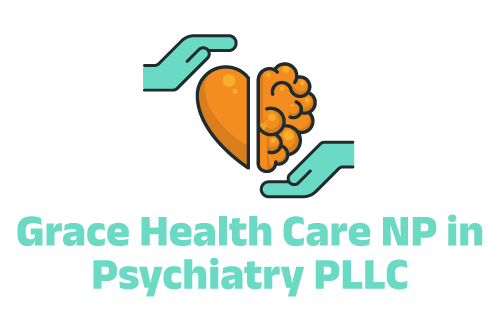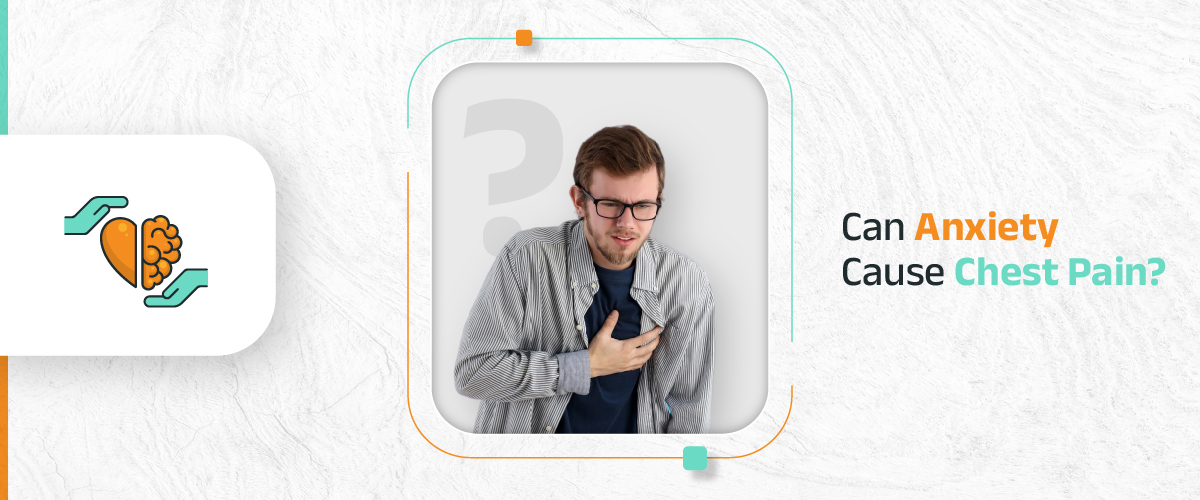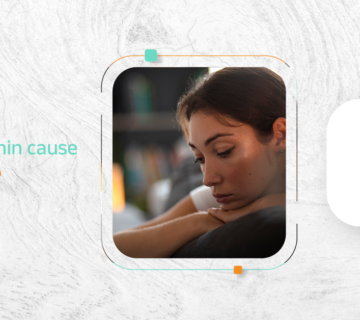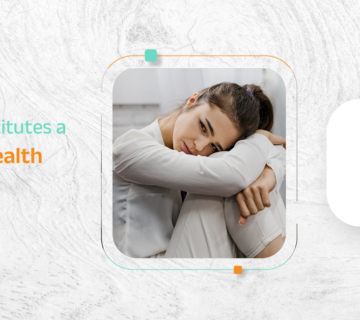Feeling pain in your chest can scare you. It might make you think about serious things like heart attacks but chest pain is not always due to heart issues.
Sometimes, anxiety triggers it. Anxiety is a common mental health problem. Understanding why anxiety and chest pain are linked can help reduce the fear and uncertainty related to this issue.
Let’s discuss in detail: Does anxiety cause chest pain?
You can visit Grace Healthcare to get treatment for anxiety disorders. Coping with anxiety involves developing practical stress management strategies and symptom reduction techniques.
Anxiety and Chest Pain
When you feel anxious, your body goes into “fight or flight” mode. It releases stress hormones like adrenaline to prepare for imagined threats. Chest discomfort can happen as your body changes with this state.
This provides insight into how anxiety can lead to chest pain:
- Tension Muscles: Anxiety tends to tighten muscles, including those in the chest region. Long-lasting tension turns into pain and unease.
- Hyperventilation: Anxiety can can trigger faster breathing or hyperventilation. This lowers your blood’s carbon dioxide, causing tightness and unease in your chest.
- Increases Heartbeat: Feeling anxious might make your heart race. You may sense this as pounding beats in your chest or flutter-like heart movements. Both can mimic chest pain.
- Digestive Issues: Anxiety can upset your stomach. This can result in heartburn or acid reflux, both of which might be sources of chest discomfort.
Chest Pain From Anxiety Feels Like
The signs of anxiety everyone feels differently. Even for the same person, they vary day by day. With anxiety showing up differently in everyone, understanding the symptoms can be tricky. Each person feels anxiety-related chest pain differently.
For some, the chest pain gradually grows, while for others, it’s sudden and sharp. Chest pain due to anxiety can feel like:
- Intense cramping
- Constant chest ache
- A weird chest muscle cramp or spasm
- Burning or dull ache
- Stabbing pressure
- Tightness in the chest
Study shows that anxiety hugely ups the chances of repeat emergency room trips and recurring chest discomfort in patients who have low-risk chest pain.
Anxiety Chest Pain vs. Heart Attack Chest Pain
It’s essential to differentiate between chest pain related to anxiety and that linked to heart problems.
Let’s talk about some notable differences:
- Duration and Onset: Quick shifts of chest discomfort related to anxiety can linger from minutes to hours, fluctuating alongside anxiety levels. The persistent chest pain from a heart attack often sticks around longer.
- Location and Sensation: Chest discomfort from anxiety is usually localized, sharp, or prick-like. Heart-centered chest pain manifests as a squeeze or a heavy feeling that may spread to the arm, jaw, or back.
- Other Symptoms Present: Anxiety and chest discomfort often come with other anxiety signs like sweat, shakes, dizziness, or a looming sense of disaster. Heart issues may cause chest pain paired with breathlessness, nausea, or feeling faint.
Wrapping Up
Can anxiety cause chest pain?
Anxiety can lead to chest pain, usually similar to severe issues such as heart disease. Getting this connection can support your ability to control the symptoms more effectively, minimizing stress.
Should you feel chest discomfort, getting advice from a medical professional would be wise. This will remove doubts about severe conditions, enabling you to concentrate on how to manage anxiety.
FAQs
Can anxiety cause chest pain?
Indeed. Panic might lead to discomfort in the chest. This could be due to tensed muscles, rapid breaths, a fast pulse, or digestion problems.
How can I tell the difference between anxiety, chest pain, and a heart attack?
Chest pain from anxiety is usually sharp and confined. There are also other anxiety symptoms. Heart attack pain is like pressure spreading to areas like the arm, jaw, or back. Other symptoms can include being out of breath, feeling sick, or getting dizzy.
Should I see a doctor if I experience chest pain?
Absolutely. Do visit a doctor to rule out any serious illness. It may also help clarify if the discomfort is due to anxiety.
How can I manage anxiety-related chest pain?
To deal with such chest pain, try techniques to manage stress, exercise regularly, practice relaxation, and get professional help if needed.







No comment